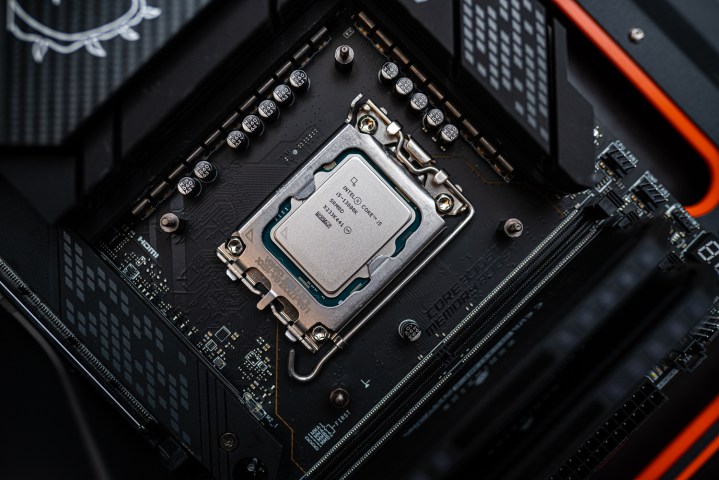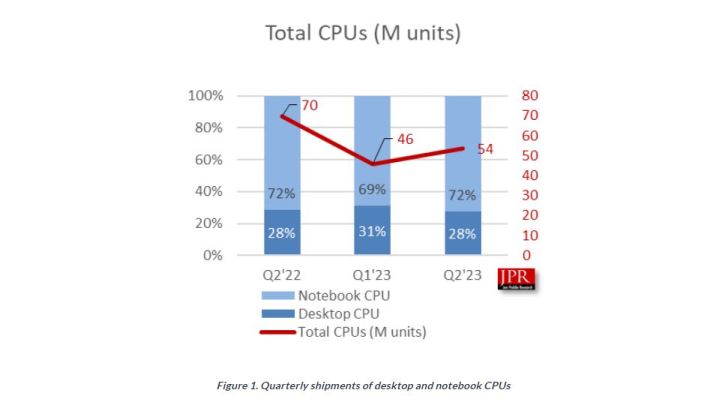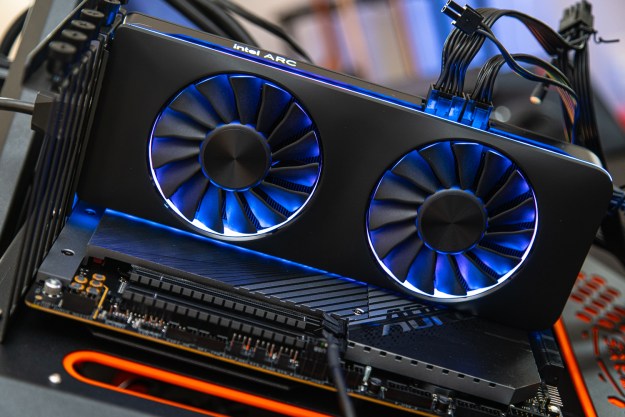
Although the client CPU market hasn’t been in great shape in recent months, the latest results from Jon Peddie Research tell us that it might be bouncing back — and the biggest gains definitely belong to Intel. According to the market figures, Intel’s share saw a significant increase in the last quarter, while AMD suffered a loss.
Overall, the PC market hasn’t been doing great after the unexpected heights it reached during the pandemic. The current state of the world economy has taken its toll on CPU and GPU sales. For Intel, things have been especially bad, as the company recently suffered the largest loss in history: $2.8 billion during the first quarter of 2023. However, at least as far as shipments go, things are looking up.
For starters, the number of units shipped increased drastically between the first and the second quarter of 2023, rising from 46 million units to 53.6 million. This is a 17% increase, but of course, these numbers also affect AMD, as this is a look at all CPU shipments. Unsurprisingly, laptops continue to dominate here, with 72% of overall share falling to mobile processors and 28% to desktop CPUs. The shipments of integrated GPUs increased by 14%, which isn’t really surprising, as many processors come with an iGPU.

Compared to AMD, Intel saw its CPU market share increase quarter-to-quarter by 23%, but AMD’s share fell by 5.3%. While this is great news, comparing it to the previous year still paints a pretty bleak picture: There’s been a 23% drop for all client-based processors, including a 25% drop for desktop chips and a 22% drop for laptop CPUs.
It’s worth noting that these numbers talk about CPU shipments, not sales. In terms of sales, AMD has recently seen a big win in the German market, completely wiping Intel off the map with its Ryzen desktop CPUs. It’s hard to estimate how the two manufacturers match up on a global scale, though, as any accurate sales figures are usually rare and far apart. It’s no secret that AMD makes some of the best processors right now, though, which may be favored by gamers.
Will the numbers continue to tilt further and further in Intel’s favor? It’s possible, but not a guarantee. While AMD won’t be releasing Zen 5 CPUs for another year or so, Intel has a Raptor Lake refresh rumored to come out soon, followed by Meteor Lake chips for laptops. However, AMD will continue to extend its presence in the mobile segment with its Phoenix APUs and Dragon Range CPUs, plus it might still drop a few of the lower-end Ryzen desktop chips, too. For the time being, Intel has the lead, but it’ll be interesting to see the numbers by the start of 2024.
Editors' Recommendations
- What is CPU cache, and why is it so important for gaming?
- Gigabyte just confirmed AMD’s Ryzen 9000 CPUs
- AMD’s next-gen CPUs are much closer than we thought
- It just became the perfect time to buy a last-gen Intel CPU
- I tested Intel’s XeSS against AMD FSR — and the results speak for themselves





